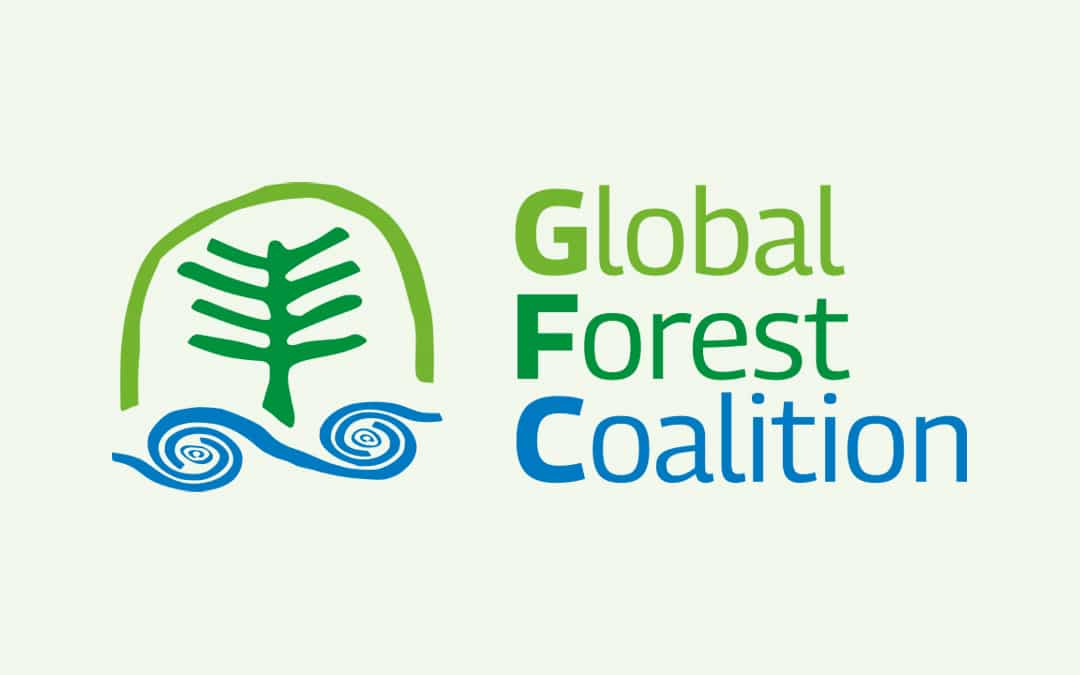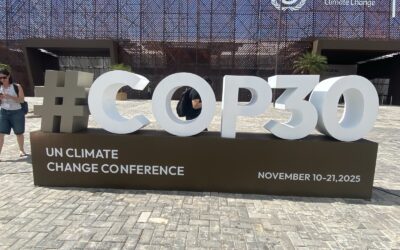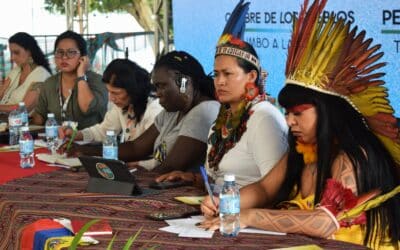On 21st March, the International Day of Mourning for Millions of Hectares of Destroyed and Stolen Forests, we should weep in solidarity with the millions of displaced, dispossessed and now poverty stricken, formerly forest dependent local communities and indigenous peoples around the world.
The value of forests for their climate change mitigation and adaptation services is acknowledged too, but nothing is said about the ongoing corporate driven land grabbing; and the complete destruction of forests through logging and land use change, that has occurred over the past 60 years at least.Praise is poured onto the timber and paper industries: “Round wood production, wood processing and the pulp and paper industries account for nearly 1 per cent of global gross domestic product”. But at what cost to forests, rivers and forest dependent people comes this mere “1 per cent”?
The UN Secretary-General emphasises “the importance of all types of forests and trees to our economic, social, environmental and cultural well-being” but fails to divulge that socially and environmentally destructive large-scale tree monocultures such as rubber plantations, pulpwood plantations and even genetically engineered poplar ‘fake forests’ are included in this glib generalisation.
The fact that the pulp and paper industry is one of the largest emitters of greenhouse gases, and therefore also a major contributor to global warming and climate change, does not get a mention.
Nor do the many devastating health impacts that negatively affect local communities and and pulp mill workers as a result of the polluted air and toxic effluent pumped out into the environment by pulp mills.
Also, the fact that forest and especially timber plantation work is rated as one of the most dangerous forms of employment by the ILO seems to have slipped Ban Ki-moon’s mind!
So when the message refers to “concrete action”, what does it really mean by “to protect and sustainably manage these vital ecosystems”?
Although there is not a single reference to REDD (reducing emissions from deforestation and forest degradation), we can be sure that this must surely be the UN’s main plan of “concrete” action, as it pushes to commoditise forests everywhere into the ‘stock in trade’ of global offset and ecosystem services markets including for carbon, water, air, biodiversity and elite tourism!
And where this may not be possible, the FAO, the IMF and the World Bank will encourage governments to convert ‘degraded’ forests and grassland into fast-wood plantations that can supply biomass derived fuels to energy-addicted consumers and industries in the global North.
No doubt much of this energy will be used to produce concrete, but not as a form of action to save forests!
Wally
The United Nations General Assembly proclaimed 21 March the International Day of Forests. Click here for the full text of the UN Resolution .




